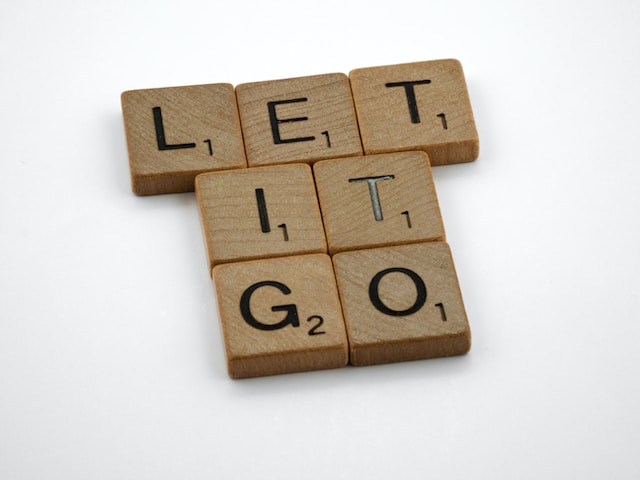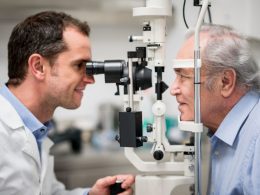In a world often filled with anger, resentment, and pain, there exists a transformative force that has the power to heal wounds, repair relationships, and change lives. It’s the power of forgiveness. While forgiveness may seem like a simple act, its profound impact is often underestimated. Let’s delve into the incredible potential of forgiveness and explore why letting go can truly change your life.
Forgiveness, at its core, is a choice. It is a conscious decision to release the burden of anger, bitterness, and revenge that weighs us down. By forgiving, we free ourselves from the shackles of past hurts and allow space for personal growth and healing to take place.
Psychologists and researchers have extensively studied the effects of forgiveness on individuals and have found a range of benefits that extend far beyond the act itself. First and foremost, forgiveness has been linked to improved mental well-being. When we hold grudges, we carry the weight of negative emotions, which can lead to stress, anxiety, and even depression. By embracing forgiveness, we lighten our emotional load, leading to increased happiness, improved self-esteem, and reduced psychological distress.
Moreover, forgiveness can have a profound impact on our physical health. Studies have shown that individuals who regularly practice forgiveness exhibit lower blood pressure, reduced heart rate, and overall better cardiovascular health. By releasing pent-up anger and resentment, we allow our bodies to relax and heal.
The power of forgiveness extends beyond personal well-being; it also has the potential to mend broken relationships and build bridges. When we forgive, we create an environment of understanding, empathy, and compassion. By extending forgiveness to others, we give them an opportunity to reflect, grow, and make amends. It’s a powerful catalyst for reconciliation and a chance to rebuild trust and connection.
However, forgiveness is not synonymous with forgetting or condoning harmful actions. It is essential to acknowledge the pain caused and set healthy boundaries to protect ourselves. Forgiveness does not mean we have to reconcile or maintain close relationships with those who have hurt us. It is a personal journey that empowers us to let go, find closure, and move forward with grace and strength.
But how do we embrace forgiveness in a world that often perpetuates division and conflict? It starts with cultivating empathy and understanding. By putting ourselves in the shoes of others, we begin to recognize the complex web of circumstances, emotions, and experiences that shape individuals’ actions. This understanding fosters compassion, allowing us to let go of resentment and open our hearts to forgiveness.
Practicing forgiveness requires strength and resilience. It is not a one-time event but an ongoing process. It may take time, reflection, and self-care to truly let go of deep-rooted pain. Seeking support from loved ones, therapists, or support groups can be invaluable on this journey towards healing and forgiveness.
In a world craving peace, compassion, and understanding, the power of forgiveness stands as a beacon of hope. By embracing forgiveness, we not only heal ourselves but also contribute to creating a more harmonious society. Letting go of grudges and embracing empathy can transform lives, mend relationships, and pave the way for a brighter future.
So, let us remember the profound words of Mahatma Gandhi: “The weak can never forgive. Forgiveness is the attribute of the strong.” By embracing forgiveness, we tap into our inner strength, unleash the power of healing, and change our lives for the better.











